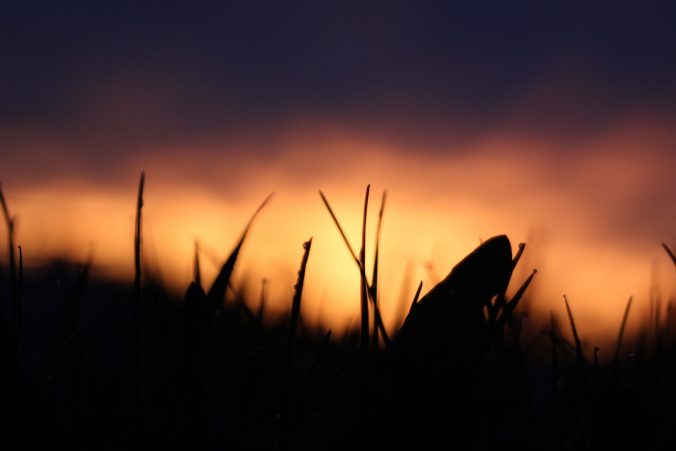03/03/12 – Diabetes (The rough years)
Around the age of eleven or twelve, I put myself in the hospital with ketoacidosis by experimenting with my insulin doses to induce certain dream states. Leading up to this point, I only had a vague sense of how I felt at different glucose levels. I was always told that I should get a juice box if I felt “funny,” which was usually used to get out of mass. So when the physical and mental sluggishness began and the fluids started to spew, it didn’t dawn on me to grab a syringe.
During this hospital visit, two particularities stood out: First, I had found a copy of Don Robertson’s “The Greatest Thing Since Sliced Bread” shortly before being hospitalized. When asked if I wanted anything, I mentioned the novel. I finished the story during my short stay, but it would be another decade before I received the two other entries of the Morris Bird III trilogy as a birthday gift from a friend. Second, I lost a significant amount of weight, something that would become a signature until my early twenties, when its significance became apparent.
My teens were a roller coaster of emotion. I can’t compare it to others’, I suppose, but I’ve always described it as bouncing on a roller coaster. There were the normal teenage hormones with all the stereotypical emo moments, but there were also the glucose-influenced times. Combined, the highs were amazing. The lows, though, seemed devastating. An English teacher familiar with the disease told me about “black” days, which seemed a little overly dramatic. I woke up in bad moods, sure, but I didn’t have moments of crippling depression. Really, it probably wasn’t any worse than the typical teen.
The darker moments were helped by the thought that I knew the “right” way to kill myself, so I knew it’d be final. None of that crying for attention BS for me. If I went for it, there’d be no second chance. Well…not so much. I won’t go into the details, but a set of circumstances made me think it was time to end it all. So one evening, I injected a few hundred units of insulin and went to bed, presumably for the last time.
Now, here’s the problem with overdosing on insulin and sleeping: The body chooses to use the insulin as it needs it. So if you’re in an inactive state, your body doesn’t need much energy, and therefore doesn’t use the insulin. You’ll wake up with a craving for cookies, but the point is you’ll still wake up. I later met a man who had the opposite issue: He took nightshade and went for his “final” walk around his town. Hours later, he’s still walking. Turns out nightshade attacks inactive muscles. He had inadvertently walked out all of the poison.
When I graduated from college and made my triumphant return to Levittown, I picked up a rather sedentary routine and found myself sleeping or wanting to sleep constantly. I checked my weight and found I was only 119lbs. Increasing my dosage would’ve only exaggerated the peaks and valleys of my glucose levels, so I tried something I’d never done before: I added an injection to my daily routine. Roughly eight hours apart, the newest dose was also the smallest, more of a midday booster shot. It seemed to work though. I quickly gained 30 pounds and returned to a relatively normal sleep schedule (normal for me, that is).
So the thin frame I had carried since I was 12? The comments from friends’ family members about how I should enjoy my metabolism? “I had that when I was your age too. Wait ‘til you reach 35. It’ll drop on you before you know it.” (At this point, they always make it a habit of touching their pudgy guts.) All a sign that my glucose levels were out of control. It was like I was rocking the Atkins diet before it was cool. Get a better grasp on my levels and suddenly I’m within healthy parameters.
(…to be concluded…)
